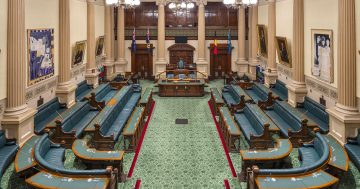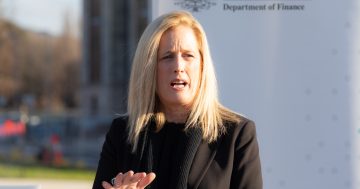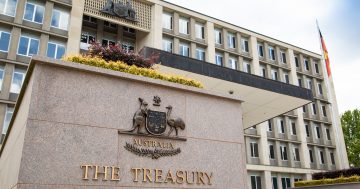Jill Cornfield* says most people think they need to slavishly follow personal finance advice — but they’re wrong.

Photo: RichVintage
Millions of people want a better idea of how to handle their money.
Personal finance experts have lots of tips and info on managing your money, from sticking to a budget to avoiding credit cards.
But is the advice out there always the right advice for you?
Maybe not.
Maybe a budget isn’t strictly necessary.
Maybe there’s a way to live well with credit cards or without them.
These people all found ways to buck conventional wisdom and still succeed.
Budgets? Don’t need one
Most people have an automatic revulsion to budgets.
The main problem is their rigidity.
“Budgets say this is something that’s going to be completely inflexible,” said Tori Dunlap, a financial coach and founder of HerFirst$100k.
Beth Derrick, who blogs about personal finance, also gives formal budgeting a thumbs down.
“Unless you have an accounting mind, budgets don’t really work for most people,” said Derrick.
“They’re guidance on what you can’t do.”
Budgets can be complicated and overly technical.
The system or budget should work for you, Dunlap says, not the other way around.
If spreadsheets are intimidating, don’t use them.
Dunlap recommends putting money into three broad categories — necessities, goals and fun — rather than tracking every penny.
Many people love YNAB, the popular budgeting software.
Derrick found it confusing.
Instead, she finds it easier to live by certain principles: Live below your means, make sure your bills are paid, set a savings rate and stick to it, and enjoy what’s left over.
Life without credit cards
Jessica Garbarino, who works in accounting and blogs about personal finance, has a surprising trait.
She has no credit cards, because she can’t control spending when she has them.
“I have not had any debt since 2015, when I closed all my credit card accounts,” she said.
Garbarino says credit cards are her financial heroin.
“I would spend without thinking,” she said.
Her best solution was to treat credit cards the way an alcoholic treats alcohol.
In 2018, she wanted to buy a home — even with her lack of credit history.
With none of the combinations that goes into a credit score, Garbarino’s number was difficult to calculate.
Instead, Garbarino was able to demonstrate through certified letters from her utility company and landlord that she could prove years of on-time payments — and her mortgage was approved.
Too much of a good thing
Can you over-save?
Yes, says Darren Brown, a personal finance and small-business consultant.
“If you save too much money, it can throw your entire budget off,” Brown said.
Then, people turn to credit cards or dip into savings because they didn’t allocate enough for their day-to-day spending.
Brown says he’s seen people determined to save 90 per cent of their income.
“It’s a crash budget,” he said.
When people think only about trying to save as much as humanly possible, they’re not planning or being strategic.
Don’t save till it hurts, Brown says.
You’re better off setting a savings rate, like 10 per cent to 15 per cent, that you can live with.
Signing bonus
Lauren Keys and her husband, Steven, are avid travellers.
Ironically, the couple steers clear of travel-specific credit cards.
“They’re more of a hassle,” said Keys, who blogs about personal finance and travel.
“When we have 80,000 airline points laying around, we have to make sure we plan enough flights to use them before cancelling the card.”
They sweep the money from cash bonuses into investments.
“We can buy airline tickets or hotel rooms with cash at the best price possible whenever we want,” Keys said.
They use credit card signing bonuses instead of accumulating points on cards kept for a long time.
Here’s how: Set up autopay and do all spending on the new card with an introductory bonus.
Keep track of card use and note when you hit the minimum spending requirements.
Redeem the points and move on to the next one.
“If there’s an annual fee associated with the card, we set a reminder to cancel before it hits,” Keys said.
* Jill Cornfield is a personal finance journalist at CNBC. She tweets at @jill_cornfield.
This article first appeared at www.cnbc.com.











